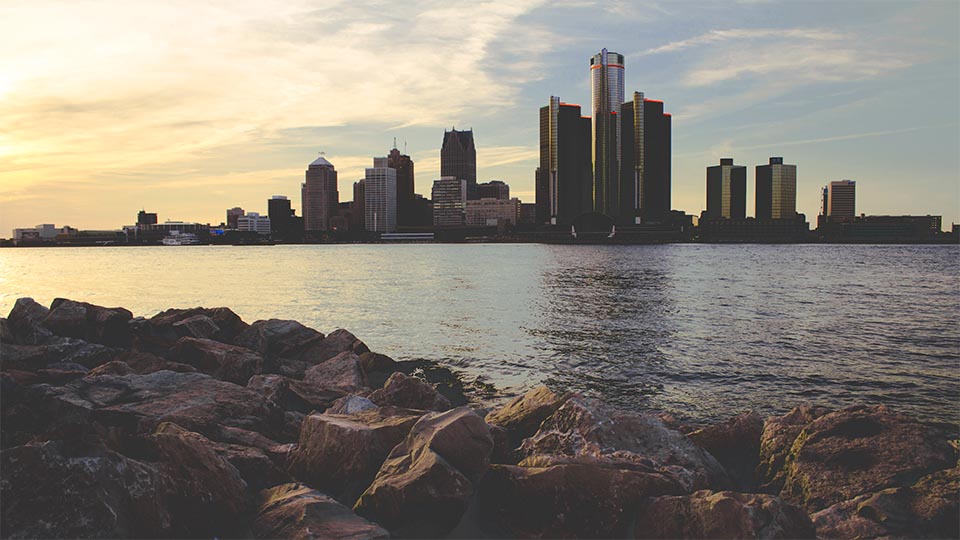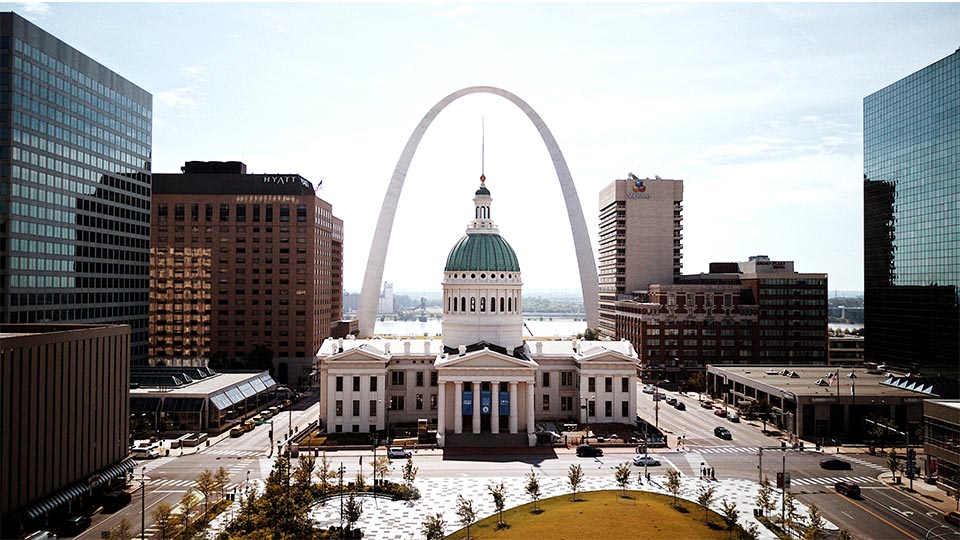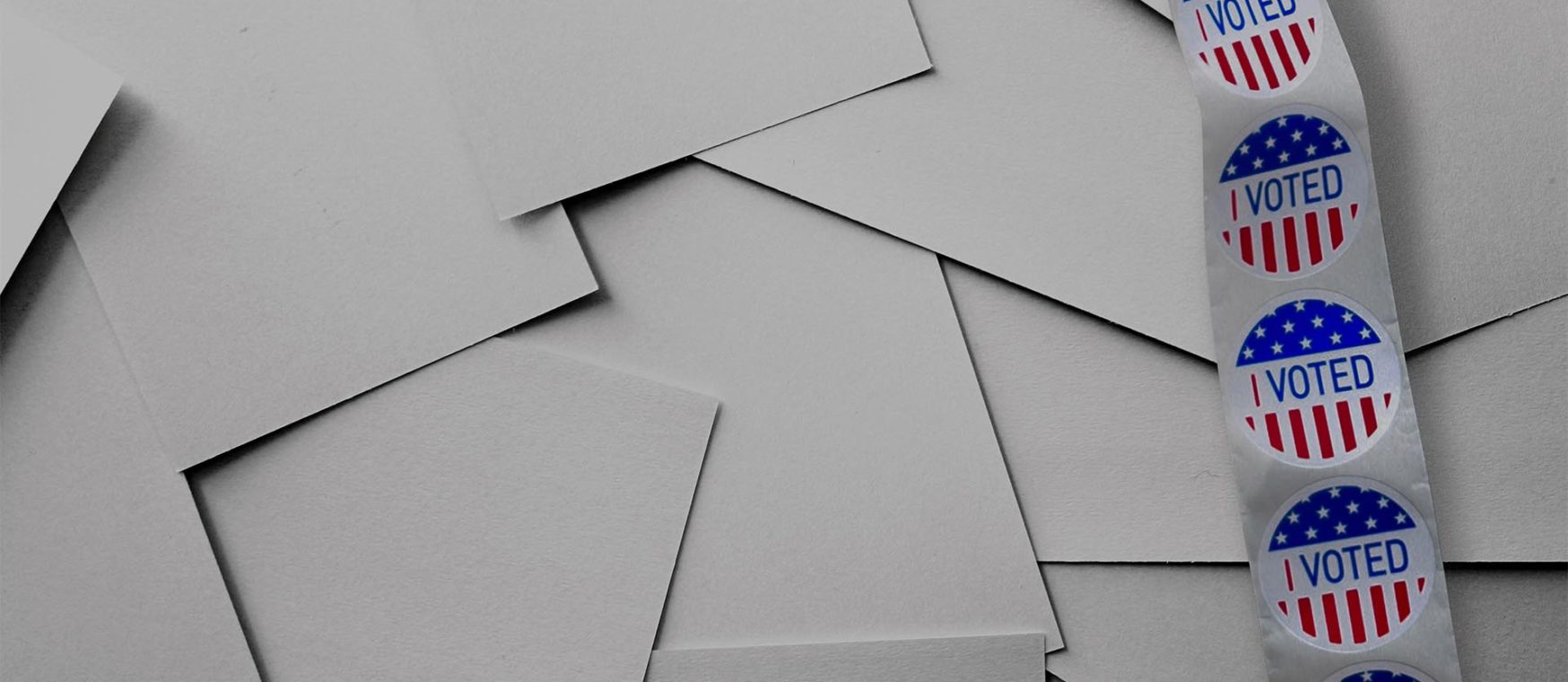The day after an election is always rife with hot takes and punditry. Those who thought they knew what was going to happen have now shifted the conversation to how it didn’t and what that all means.
While we’ll try to avoid the unnecessary editorialization (as much as possible) we did put together this handy decompression guide to help you figure out what the state of the American Cannabis Union looks like post-2018 midterms.

Michigan
Michigan has passed and is officially recreationally legal. This marks the first midwest state to go green and, also, may help revitalize a flailing economy.
While Detroit may never go back to its automaker heydays, it certainly has the space and man power to immediately activate large scale cannabis production and distribution.
As an epicenter for the Midwest, there’s a plausible future where hemp or cannabis can makes its way to Detroit from Michigan farmland and, from there, to Chicago, Milwaukee, Indianapolis, Minneapolis, etc…
If there’s one thing the Emerald Triangle has seen, its that the cannabis boom can turn a city (and even a region) around for the better. Colorado is rolling in tax revenue from and Michigan, a state where the major metropolises have all gone bankrupt, can use the cash.
“This state, in general, definitely needs any kind of increase in revenue that it can get,” said Travis Murphy, the founder and CEO of North Coast Cannabis, based out of Detroit. “This [going recreational] definitely helps places like Flint and Detroit.”
Additionally, according to Murphy, the new law is much less restrictive on operations and helps clear up a variety of the ambiguities that currently plague the caregiver law.

Utah
Utah has now legalized medical cannabis, which is a huge milestone considering it is one of the most chemically stringent states in the country.
After all, beer in Utah is still 4% max by volume and Zion curtains are still a thing, for some reason.
So the advent of cannabis – at least in a medical capacity – may help move along not only public opinion, but legislative as well. Does this mean other laws governing alcohol will become more laxed? Does this mean that the state, in general, may mellow out a bit?
Utah, being one of the youngest states in the Union, is in prime position for recreational legalization as people between the ages of 18-34 show a 78 percent approval of legalized cannabis.

Missouri
Missouri has passed Amendment Two (otherwise known as “New Approach”), which allows medical cannabis with a 4 percent tax on sales. This tax revenue will then be directed toward health care services for veterans. If you watched the voter guide we put out earlier, here it is again, which includes a brief rundown on the three separate amendments that Missourians voted on yesterday:
North Dakota
North Dakota failed to pass recreational legalization, so it remains medically legal. Therefore, the automatic expungement process for cannabis convictions – which would have been a very progressive amendment for such a red state – is also not a reality.
Only time will tell, but with Michigan and Missouri also going with Utah, the green tide is beginning to move red on the color scale.
If you missed what was on the bills, take a look at our pre-election guide to get caught up. Additionally, as cannabis becomes increasingly legal, many of the people who work in the space find it hard to give back to those who’ve helped them. While legalization helps alleviate a number of problems, it also creates a large set of new ones.
What problems may come around for the states whose laws changed with this election? Only time will tell, but we’ll have our ear out for them.



